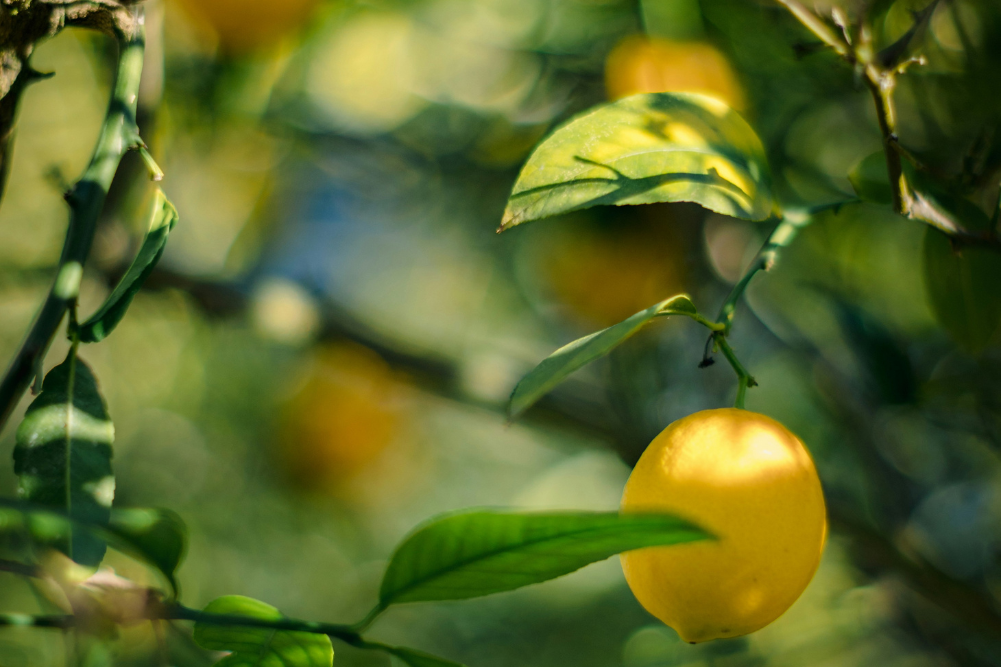Herbal Solutions for Sick Lambs
My husband recently rescued a two-week-old lamb that could not walk, seemed dull and would not suckle well. Since I’m a small-animal vet, I had to ask my “larger beast” colleagues for advice, and we gave him a course of antibiotics and B vitamins.
As always, I wanted a more integrative approach. It makes sense to use plant-based remedies in a herbivore. A search of the internet reveals some lists of ethnobotanical remedies used by indigenous communities and some scientific trials, as well as advice from organic farmers. Most herbs used are familiar to a vet working in small-animal integrative medicine.
Herbal options
Milk thistle
One of the few things I remember from studying pastoral botany and agronomy is that milk thistle (or variegated thistle, botanical name Silybum marianum) is a potentially toxic plant. Cattle may be susceptible to nitrate toxicity if grazing large amounts on highly fertile soil. Goats and sheep may be used to graze out the weed. I was surprised to later learn the potential benefits of Silybum.
Milk thistle is used in cattle to improve milk production and reduce ketonuria. For sheep, you could add 2.5g of the dried and ground whole seeds to feed daily for short-term treatment as liver support, antioxidant and a tonic.
Marshmallow root
Marshmallow root (Althea officinalis) is a demulcent and is used for its protective effects on mucus membranes of the gut, urinary and respiratory tracts. It’s a safe herb for long-term use, although in theory may reduce the absorption of some nutrients, which is important for a sickly lamb, so should not be fed with every meal. It may be useful for scours, pneumonia and bloat. Consider dosing the dried powdered root at 2.5–5g daily. This can be mixed with feed, or made into an infusion with one cup of just-boiled water, cooled and added to feed.
Fenugreek
Fenugreek is also a demulcent, as well as being carminative, nutritive and hypoglycaemic due to its soluble fibre content, and may also be used topically as a poultice for wounds and infections. Fenugreek has been used in livestock feed as a “conditioning” remedy. It may improve appetite and milk production, and can be a useful source of nutrients. However, some studies recommend cautious use because it has been associated with myopathy in ruminants. If used in foods for longer-term feeding, a good protein source along with vitamin E should be added due to the small risk of anaemia. A dose for sheep may be 2–7.5g seed daily, soaked in cold water for 20 minutes first. To make a poultice, boil the seed to make a thick paste.
Garlic
Garlic has antimicrobial, antibacterial and antifungal benefits, as well as mucolytic effects. It’s a traditional remedy used by farmers, mixed in honey, for cough and respiratory exudates. A poultice can be rubbed onto arthritic joints. Allicin, from garlic, has anthelminthic effects and has been considered in intensive farming practices to reduce the use of antibiotics. A dose of 50g/kg of garlic powder fed for three months improved weight gain gut health and general health in lambs.
In small-animal medicine, we understand that high doses may lead to anaemia in some animals, and there is a report of wild garlic poison in sheep. One dose, courtesy of The Complete Herbal Handbook for Farm and Stable, is to mix one tablespoon of powdered garlic with one tablespoon of molasses, and add water until this can be given by drench. If using for worm control, make sure your sheep have regular worm counts to check for effectiveness, practise pasture rotation and dose several times per year.
Ginger
Ginger is one of my favourite herbs and is used in both Western and Traditional Chinese Medicine. I have used it combined with other herbs for nausea in dogs and cats, and for cough, eye problems, bloat, diarrhoea and poor appetite. Add powdered ginger root to just-boiled water, then cool. A dose recommended is 0.5g daily per sheep.
Turmeric
One of my favourite Western herbs is turmeric root, for its antioxidant anti-inflammatory and cancer-protective effects. A study from Brazil showed that adding curcumin to the diet of sheep improved both milk quality and their health. Dr Doug English from Turmeric Life suggests building the dose slowly to one teaspoon daily, and to wet it down so that it sticks to feed.
Tea tree oil
In 2021, scientists at the University of Queensland investigated the use of tea tree oil (Melaleuca alternifolia) for fly-strike in sheep. Their initial findings showed that a 1–2 per cent dilution worked as a dip to remove lice. The tea tree oil also killed blowfly maggots and their eggs and may have helped manage secondary bacterial infections.
Treating the lamb
For our lamb, I used slippery elm (Ulmus rubra) to manage mild scours. I mixed the slippery elm in cool water and a little honey and gave it to him slowly using a syringe, making sure he was swallowing properly. The inner bark of slippery elm acts as a mucilage to protect mucus membranes and can be used for diarrhoea, constipation and dry cough. For sheep, mix 2 teaspoons with cold water to form
a paste, and dose twice daily.
We also added a good dose of probiotic powder to the lamb’s milk for several days. He is now fully mobile and vocal, and thinks he is a black dog. However, I am not a large-animal vet, and I recommend you consult with your animal health practitioners for advice.
References available on request.







